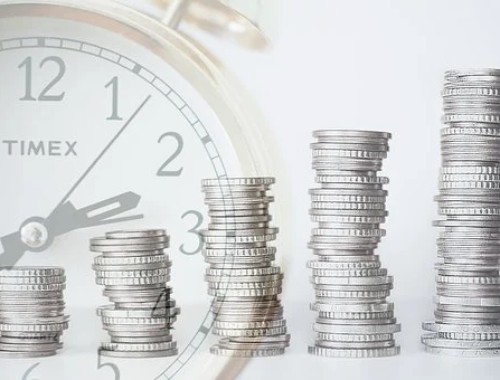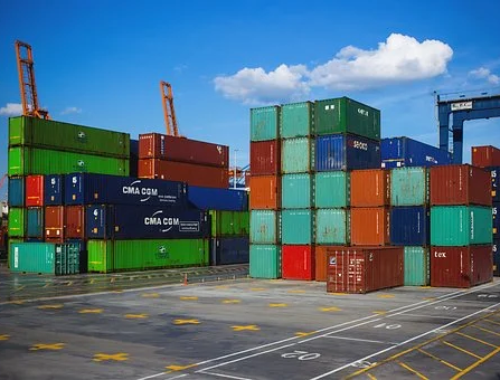President Donald Trump pledged to label China a "currency manipulator" during his campaign trail, although he has not yet done so.
Gordon said he expected Trump will likely utter the words eventually just as he and his administration had been calling out on Japan and Germany, but the move is unlikely to prompt China to change its current strategy.
"If you have a weaker currency, things that are more exogenous to just the politics of exchange rates begin to work a bit more in favour of (certain outcomes), for example capital flows out of China, which is really what's putting a lot of pressure on the yuan over the last year or so," he told CNBC's "Street Signs."
China is working hard to support its currency, selling U.S. Treasurys at a record pace and putting in tighter regulations to control capital outflows. The measures are likely not enough to support the leakages, he added.
Analysts expect downward pressure on the Chinese yuan to resume if the U.S. continues to hike interest rates, as it will likely trigger fresh capital outflows from emerging economies.
China reported that its foreign exchange reserves fell for a sixth straight month in December, declining by $41 billion for the month, to $3.011 trillion, the lowest since early 2011. At their peak, reserves reached around $3.99 trillion in mid-2014.
(Source:cnbc.com/)


























 沪公网安备31010402003309号
沪公网安备31010402003309号